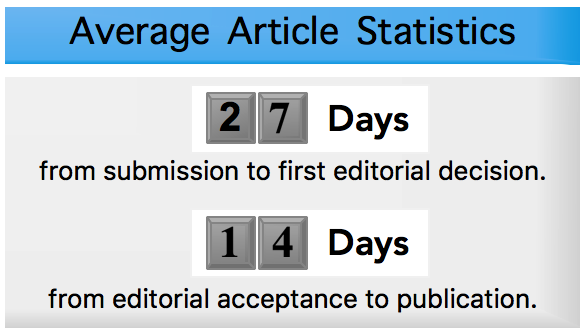Downloads
Abstract
Rice is a product that plays a vital role in our country's agriculture. In recent years, rice exports have contributed over 3.5 billion USD annually. However, the rice production industry also releases more than 9 million tons of rice husks annually. Part of the waste rice husk is processed by burning. Most of the remaining rice husks are not processed and are released into the natural environment. Disposing of rice husks has low economic efficiency and can cause environmental pollution. Therefore, taking advantage of this waste source for circular agriculture is a matter of concern. This study investigated the thermal processing for synthesizing phenolic resins from rice husks. The differential scanning calorimetry results show that the resin-forming reaction temperature is 150 oC. Different heat retention times (120, 150, 180, 210, and 240 minutes) at 150 oC were also investigated. The visual evaluation and determination of rice husk residue indicated that 180 minutes was the appropriate time to make phenolic resin from rice. husks at 150 oC. Under this condition, the formed plastic is solid and can be ground into fine particles; the remaining rice husk residue is low, accounting for 9.66% of the weight. The plastic reaction efficiency is almost unchanged if the heat retention time is longer than 180 minutes (210, 240 minutes). The Fourier Transform Infrared Spectroscopy spectrum analysis results show that the main functional groups of the resin are CHn, C=C, C-H, OH, and aromatic rings. These functional groups are similar to the functional groups in the structure of commercial phenolic resins. Liquefied wood can be applied to treat rice husk waste in our country. This treatment method can also contribute to improving the value of rice trees.
Issue: Vol 6 No SI3 (2023): Vol 6 (SI3): ISMSE - International Symposium on Materials Science and Engineering 2023
Page No.: 18-25
Published: Mar 31, 2024
Section: Research article
DOI: https://doi.org/10.32508/stdjet.v6iSI3.1184
PDF = 276 times
Total = 276 times

 Open Access
Open Access 








